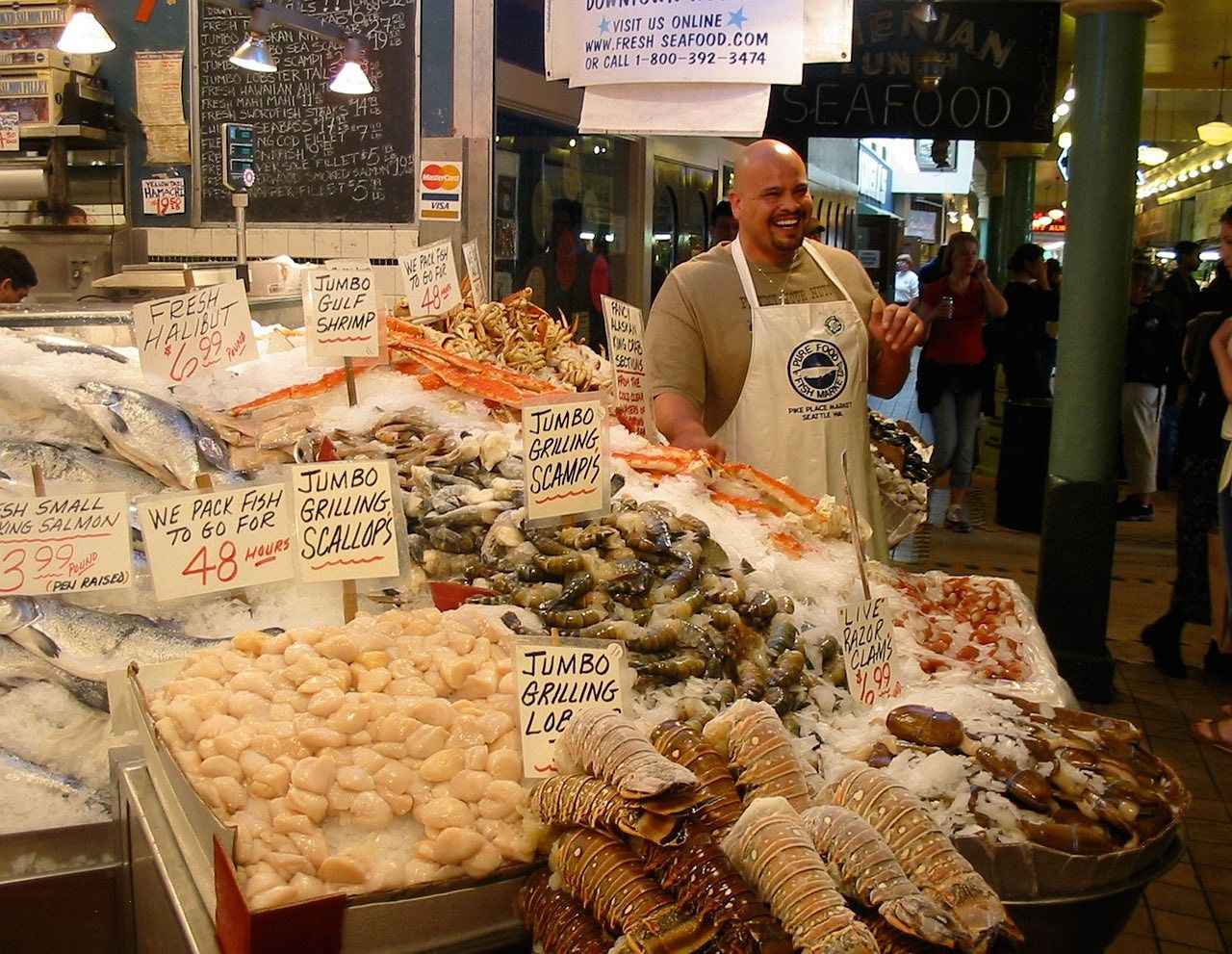5 Things You Should Know Before Starting a Seafood Business
Here are five important things you need to consider if you want to enter the world of selling seafood.

As far as commercial enterprises go, starting a seafood business is very profitable. In the food industry, there is always a great demand for seafood because many people believe that seafood has high nutritional value. This comes as more and more people are becoming health conscious and are careful about what they’re eating. Starting a seafood business is also relatively easy because there is no supply shortage since you can easily find direct suppliers anywhere.

A seafood business allows you to contribute to people’s well-being and how they eat. Fresh, processed, or frozen seafood products always come to mind when eating healthier. According to a recent report, consumer demand for seafood has reached a new high of 14% in the international market. Tracing how, where, and when products are significantly sourced attracts conscious consumers.
If you’re looking to start a seafood business of your own, here are some things you need to consider so you have a viable business plan:

1. Do Your Research and Gain Knowledge on the Business
This goes without saying because it’s not wise to enter a business you have no knowledge and passion for. You should know what you’re getting into, especially if you’re willing to invest a lot of money, time, and energy. An important thing to consider is what kind of seafood business you envision. Are you going into retail? Wholesale? Or be based online? This lays the foundation for what you’ll further need in establishing your business.
Another important thing is that you need to be knowledgeable about the products you sell. It doesn’t bode well for your business if you’re trying to sell shellfish but don’t know anything about them. This highlights your need to determine what goes onto your sales menu. Will you be a seafood shop that’ll primarily sell meaty white fish? Or will you focus on selling crustaceans and other shellfish like clams and oysters? Specializing in a certain type of seafood will give you more traction and boost your reputation because you’ll have the specific expertise that customers need and will trust you with. It will also make sourcing your seafood easier and more ethical because you’ll have more control over the supply. It is also not a bad idea to showcase the specialty local seafood menu item. It’ll help you establish connections with local fishers providing access to their fresh fish. It will also boost tourism and promote your local restaurant industry.
Despite this, it’s not a bad idea to offer a variety of options if you have the means. Therefore, you can cover all types of markets. Ultimately, your choice of what you’ll sell should be determined by your expertise and ability to handle the products.
2. Being Aware If Your Business Is Needed
The best kind of businesses are ones that don’t require too much marketing because of how necessary and unique they are. The food industry, therefore the seafood industry, falls under this category. We all know that food is a need that people cannot go without. There will always be a demand for it. So how can you set yourself apart from other seafood businesses?
See if the area where you plan to start your seafood business is close to the competition. If so, check out what they sell and focus on and if you can fill the gaps, they’ve left. If another seafood shop is selling salmon and trout, try to be the shop that sells crabs, shrimp, and prawns. You can also try to one-up competitors by providing fresher and more sustainable products if there’s a lack of that.
3. Be Systematic and Smart About How You Pack and Store Your Products
Customers primarily focus on value and will take notice of seafood goods that are orderly in their packing and storage. How you pack and store your seafood items also directly impacts their quality. You have to know which products should be stored in certain conditions (ex. appropriate temperatures) so you can maintain their quality and increase their longevity or shelf life.

In today’s modern world, tons of specially-designed technologies will store or preserve your fish in the best way. This also prevents the degradation of seafood’s health benefits by arresting certain bacteria in the fish’s ability to release toxins. Seafood is delicate, and you’re handling raw meat, so try to explore beyond its usual maintenance norms.
4. Consider Shipping Prices and the Time-span
At a certain point, whether your seafood business is receiving deliveries or making deliveries to customers, it’s important to know that the less time spent on the journey, the more your products’ quality won’t deteriorate. There’s nothing worse than getting feedback from a customer who claims to have received ‘bad fish’ from your shop. You wouldn't want to be the cause of food poisoning. It will reflect badly on your business, losing current and potential customers.
Connect with delivery service providers that can keep your seafood items fresh, deliver them as fast as possible, and that their shipping is reasonably priced. A great tip is adjusting the burden of shipping charges by season. You can slow down your seafood delivery in the winter because the cooler temperatures can help preserve your products. In the summer, enhance the delivery speed to prevent spoilage.
5. Promote and Network
Although the food industry is massive in scale, its network is tight-knit and focuses on intricate networking. Those in the industry know who’s selling what and how good their products are. Selling food, especially fresh food like seafood, is all about trust. You must be cautious because you’re dealing with raw meat. To gain trust within the food industry and the consumer market, you need to be consistent about the quality of your wares and show off your expertise. Clients will feel cared for if you tell them where your seafood comes from, what seafood meals they may prepare, how to handle raw fish, their nutritional value, and how to best store it. This will help your business develop long-lasting relationships with customers. If you have new seafood items, promote them through social networking sites. Provide discounts and offers to entice customers to buy more, preventing spoilage and wasting products.
A better understanding of the seafood industry and its market will help you build a successful seafood business. We hope you consider these things to use them to your advantage.



